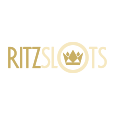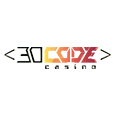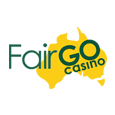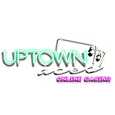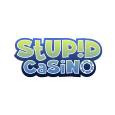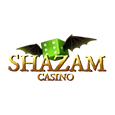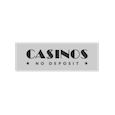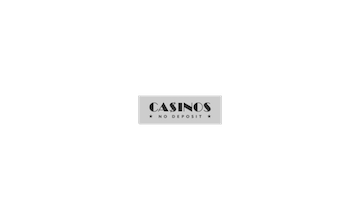Switzerland is known as one of the richest countries in Europe, home to over eight million people, and a popular tourist destination for individuals from around the world. Gambling goes back centuries in the country, with casinos starting in the late 1800s in land-based form. By 2019, the country began offering iGaming, so players could experience both offline and online options as they like.
Land-Based Casinos in Switzerland
 The history of casinos dates back to 1881 in Switzerland, with players having access to gaming services for many decades. While the option was available for many years, physical casinos were banned in 1921. Any casino offering services before that time period was allowed to remain open. New casinos were not allowed to open until many years later, in 1998.
The history of casinos dates back to 1881 in Switzerland, with players having access to gaming services for many decades. While the option was available for many years, physical casinos were banned in 1921. Any casino offering services before that time period was allowed to remain open. New casinos were not allowed to open until many years later, in 1998.
Officials in Switzerland passed the 1998 Federal Acct on Games of Chance and Casinos, paving the way for new operators. The addition was a referendum to the current constitution. Citizens were able to vote on whether or not they wanted access to such services. This was the beginning of a revitalization of the market and set the stage for even more legal changes in the future.
Groupe Lucien Barriere owns and operates the longest-running casino in Switzerland, the Casino Barriere Montreux. This venue was built in 1881 and is located in Lake Geneva. It still offers services today and is a hot spot for gamers.
In Switzerland, there are two types of licensing; A & B. A Grand Casino has an A license and can offer table games and progressive jackpots. The maximum stake per game can exceed CHF 25. The B license is for resorts, slot halls, and other similar venues. These sites are only allowed three gaming tables, and the maximum bet cannot go over CHF 25. No progressives are allowed at B licensed venues.
The number of casinos allowed in the country is 21. Switzerland currently offers that number, so no new venues will be offered until one closes or the laws change. Swiss Casinos Services AG and French Group Lucien Barriere are the two largest companies operating in the country.
Locals and tourists are allowed to visit the gaming venues. Licensing is issued by the Swiss Federal Gaming Board. Companies must seek approval from the Board before being allowed to legally offer gaming in the country.
Online Casinos in the Country
Since 2019, Switzerland gamblers have had access to gaming options online in the country. The Federal Act on Games of Chance allows services to be offered thanks to a major overhaul of legislation in 2018. Then, the Money Gambling Act was passed, helping to pave the way for iGaming.
With the law, officials can license private companies with existing land-based casinos in Switzerland for online gaming services. In the past, online gambling was considered an illegal activity, and the only exception was lottery games.
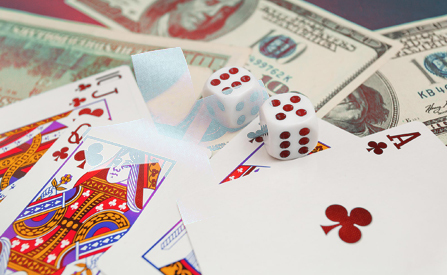 The Swiss Federal Gaming Board takes care of the licensing process as well as regulating the industry. The only area the Board does not cover is the lottery. Every online operator must have a land-based casino license, and a public concession must be made for approval. One online license per physical casino is offered in Switzerland.
The Swiss Federal Gaming Board takes care of the licensing process as well as regulating the industry. The only area the Board does not cover is the lottery. Every online operator must have a land-based casino license, and a public concession must be made for approval. One online license per physical casino is offered in Switzerland.
Foreign companies that are registered and have licensing in other countries that are part of the European Economic Area can create partnerships with casino companies in Switzerland. This is the only way a foreign entity can enter the market and offer services legally to residents.
It is illegal for players to access unlicensed online casino services. Gambling platforms are blocked in Switzerland if they are not licensed. Financial institutions have been told to stop any type of transaction that is connected to an unlicensed provider.
The government does ask financial institutions to voluntarily block the transactions. The banks do not have to do so, and it is unclear if they actually stop such transactions from taking place.
Switzerland is not part of the European Union (EU) but is a Eurozone member. It is part of the European Economic Area, and the country has a similar online gambling framework as other European nations. This includes opening the market to private investors with a licensing system that aligns with the EU regulations. An online gambling license is valid for six years and must be updated when needed.
All main types of gambling are legal online in the country, but only those that are licensed to offer services can provide access. Lottery and lottery-style games continue to function via a state monopoly. Tourists and locals are free to log in online and take part in all types of gaming options.
Gambling Tax Rates for Switzerland
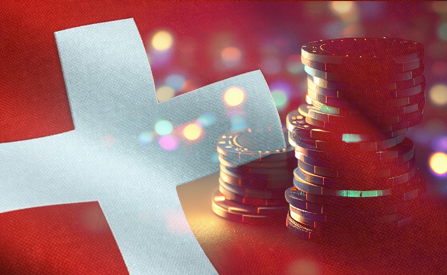 Online gambling is taxed at 20% up to CHF three million. For every additional million francs, the tax rate goes up by 0.5%. The maximum amount is 80%, with totals based on gross gaming revenues. The amount is on top of regular taxes paid, which range from 11.9% to 21.6%.
Online gambling is taxed at 20% up to CHF three million. For every additional million francs, the tax rate goes up by 0.5%. The maximum amount is 80%, with totals based on gross gaming revenues. The amount is on top of regular taxes paid, which range from 11.9% to 21.6%.
Any winnings that players incur online are tax-exempt up to CHF 1 million. Anything above the amount is going to be taxed by the government.
For land-based venues, the tax rate is a bit higher, but the total revenues affected by taxes are also higher. Retail casinos must pay 40% up to CHF 10 million per tax year. For every one million francs more that is earned, the tax rate will go up 0.5%. The maximum amount here is also 80%.
The tax rate for land-based facilities is actually the second highest rate in Europe. Regular tax payments must also be made and can range from 11.9% to 21.6%. Player winnings from a land-based casino in Switzerland are tax-exempt, no matter the amount.

